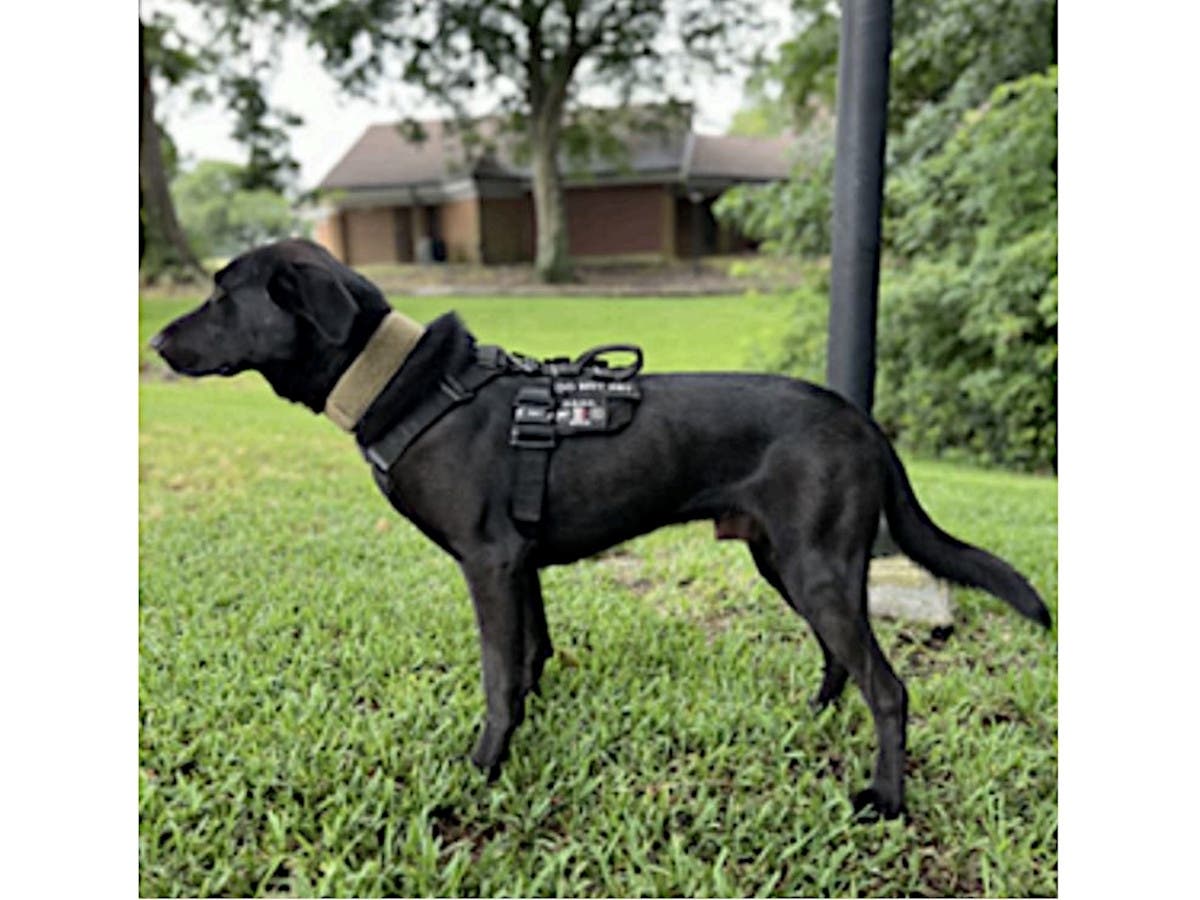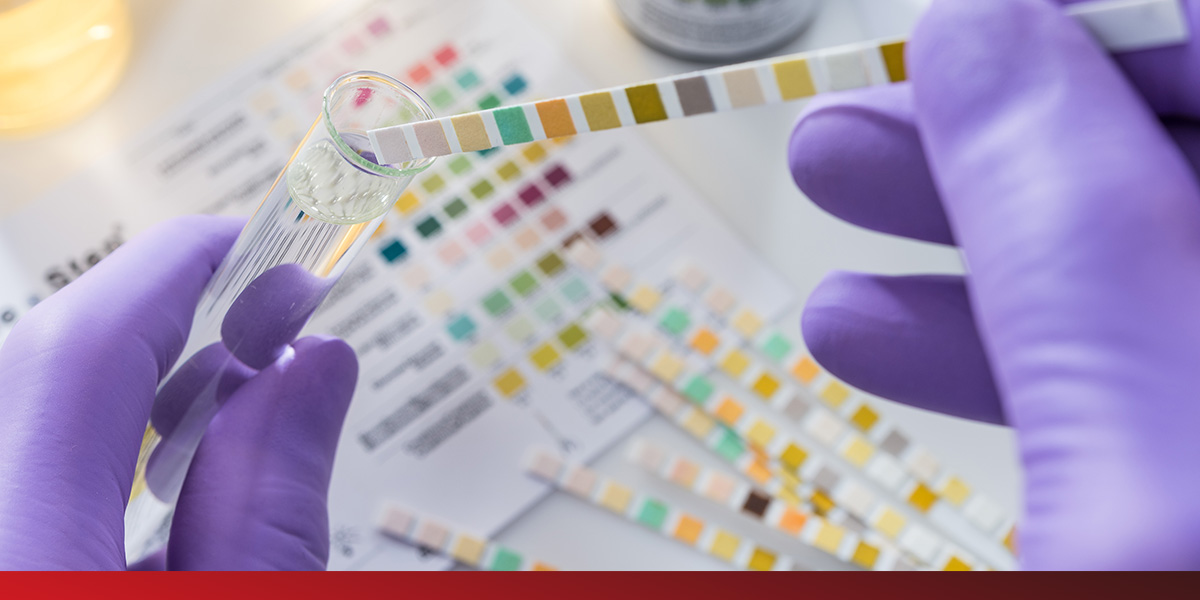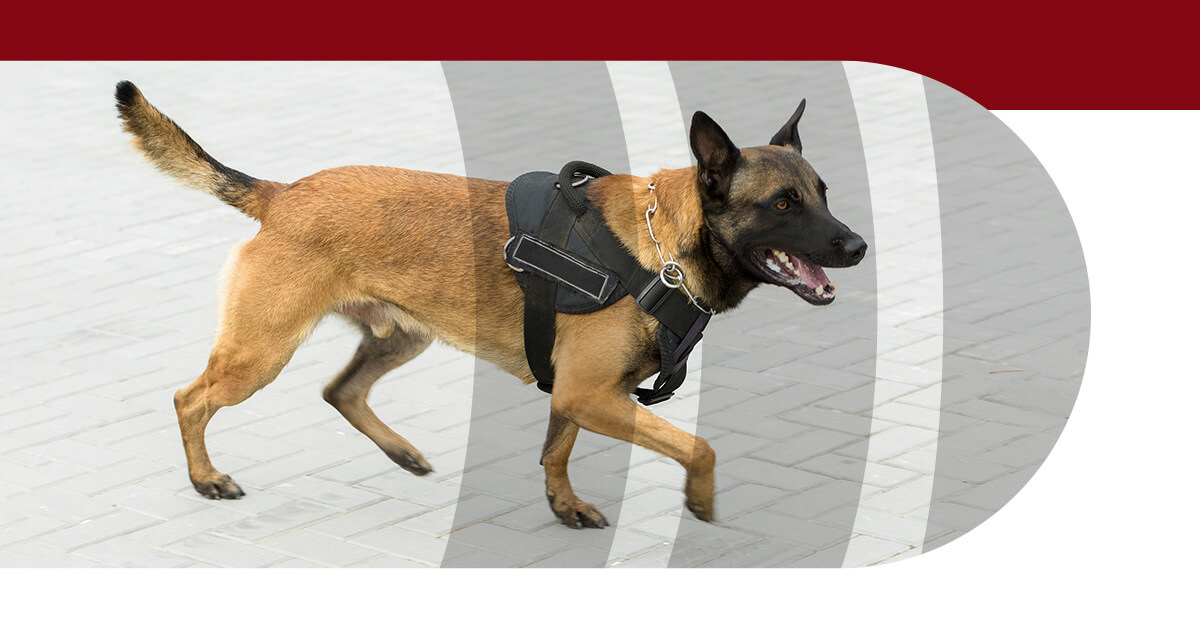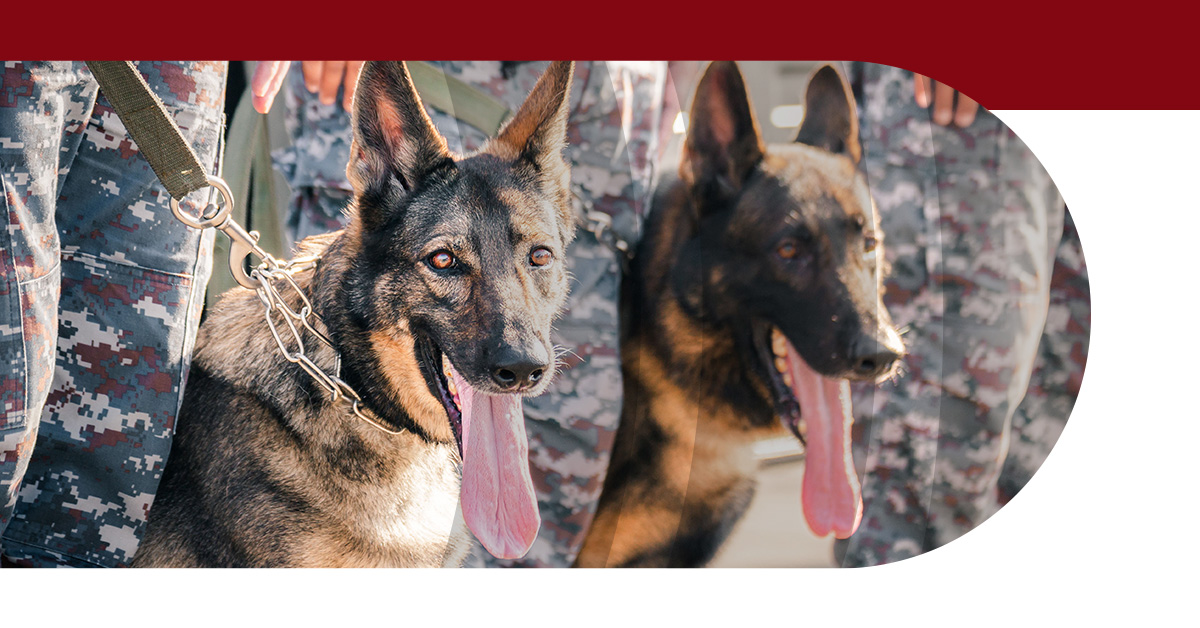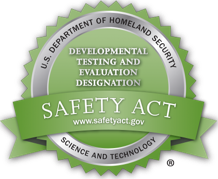News
5 Tips for Handling and Caring for Your Drug Sniffing Dogs
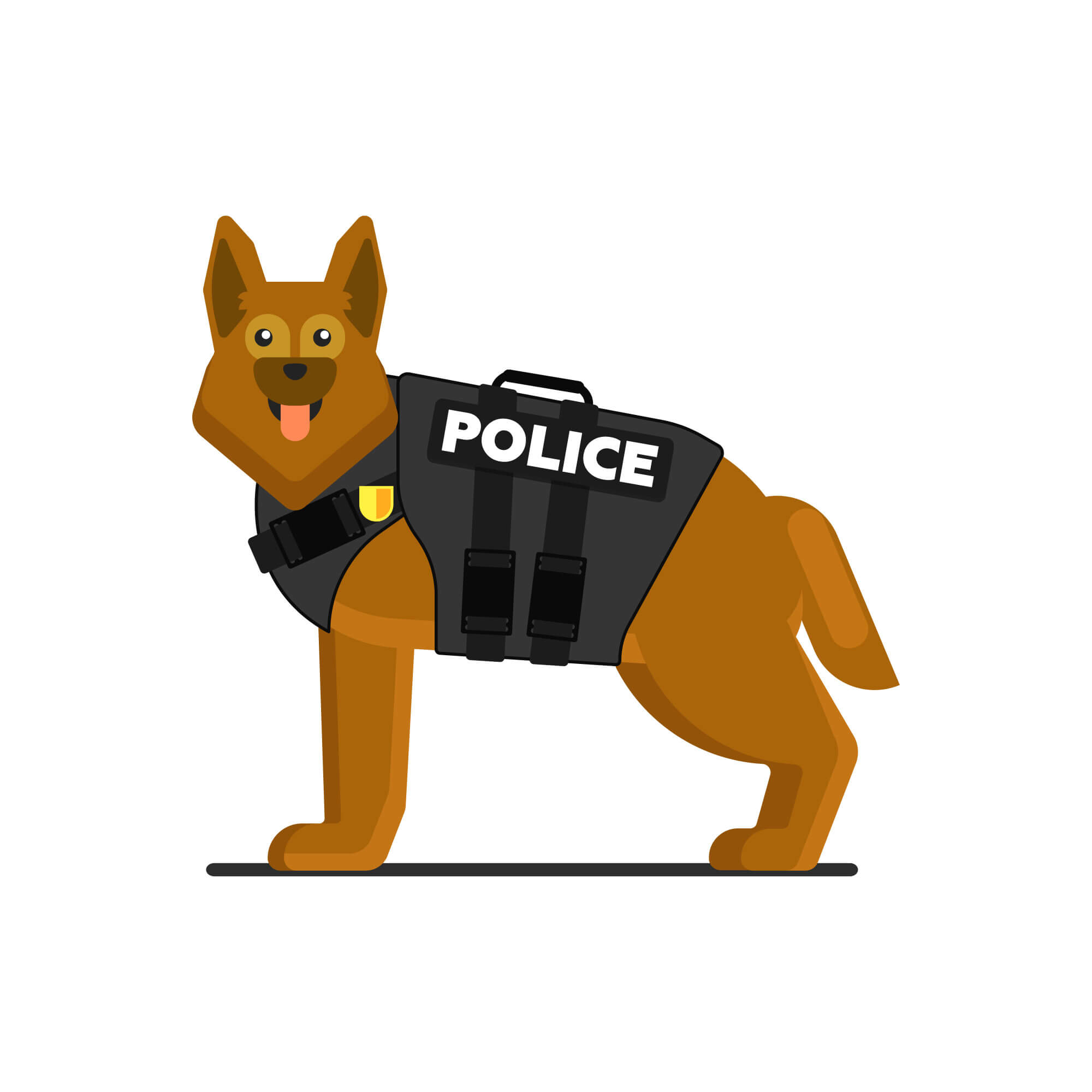
Drugs have dug their way into America. Police made more than 1.5 million arrests for drug offenses in 2019.
You need all of the resources you can get to bring drug smugglers and dealers to justice. One effective tool is drug sniffing dogs.
Yet you can't just buy some dogs and expect them to perform flawlessly. You need to know how to take care of them and keep them safe.
What kind of care do drug sniffing dogs need? How can you feed them and manage their health problems? What do you need to be mindful of at crime scenes?
Answer these questions and you can take effective steps toward keeping your community safe. Here are five tips for handling and caring for drug sniffing dogs.
1. Get Veterinary Care For Your Drug Sniffing Dogs
Police dogs have the same veterinary concerns as other types of dogs. You need to give your dogs regular shots, including shots for venomous snakes and pests.
If you live in a rural area, you should buy flea and tick repellent for your drug dogs. You should put the repellent on whenever your drug dog is working in a grassy area or the woods.
Drug sniffing dog breeds have different needs based on the breed. Bloodhounds can have genetic disorders that limit their life expectancy and cause mobility issues. German shepherds tend to suffer from digestive issues due to their narrow chests, which can be fatal.
Monitor how your drug sniffing dog is performing and behaving over time. It is okay if it makes mistakes or seems a little inattentive. When in doubt, bring your dog to the vet.
2. Meet Nutritional Needs
As very active animals, drug dogs need more food and water than the average dog. However, you do not want to feed your dog too much food, as it can become obese.
Try looking for foods with real ingredients like beef and chicken. You can add fats to your dog's feed, especially omega-3 fatty acids. Avoid hard-to-digest ingredients like cornmeal and hard grains.
You can mix supplements into your dog food like glucosamine. Glucosamine can alleviate pain in your dog's joints and slow down the progression of arthritis.
3. Perform Physical Inspections
A small injury like a cut can cause an infection. After a long day of work, you should do a physical inspection of your dog.
Start with its paws and look between each of its toes. You should then feel its knees and hips to see if there are any lumps or stiffness in its legs.
You can feel along its back for any injuries and then look into its eyes. Your dog may have debris in its eyes that makes it hard to see, or it may be developing glaucoma or inflammation. Glaucoma and eye inflammation are medical emergencies, so you should take your dog to the vet right away.
You should then evaluate its ears. You can do a few hearing tests to see if your dog can hear and respond to commands. But you should also see if the ears have any cuts or deformities that can lead to hearing loss.
It is very important that you check your dog's teeth, as 86% of dogs develop oral infections. Open the mouth wide and look at each tooth with a flashlight. Every week, you should brush your dog's teeth to remove plaque and bacteria.
Once you do an inspection, you can give your dog a bath. After the bath, you can brush your dog's fur to minimize the shedding.
4. Protect Your Dogs From Weapons
Dogs are at high risk of getting shot or stabbed because they encounter suspects so closely. You should put a ballistic vest over your dog to protect it from gunshots. You can slip the vest over your dog's head like a harness, using straps to prevent it from sliding.
Keep in mind that a vest can make your dog very hot. Take the vest off once your dog is out of harm's way and never let your dog wear it inside a closed car.
When you are handling a dog near an armed suspect, you should be careful. Keep your dog on a leash and pay attention to where it is at all times. Another officer should keep their eye on the suspect and warn you in case they move.
If your dog gets injured, you should take immediate action. Cover its wound with an ointment and wrap a bandage around it. Take it to the vet and give it antibiotics, as a wound to the abdomen can cause a bacterial infection.
5. Be Careful With Fentanyl
Fentanyl is toxic to dogs when inhaled or ingested. Do not deploy a dog if you believe that high levels of fentanyl will be at the scene.
If you do deploy your dog, limit its exposure to fentanyl as much as possible. Conduct a search with it and then bring it outside for fresh air.
The signs of drug exposure amongst dogs include shaking, rapid blinking, and dry heaving. If your dog seems sick, you should give it a dose of naloxone. Bring a naloxone kit with you or store it in your car.
Get the Best Resources for Drug Dogs
Drug sniffing dogs need your help. You must be mindful of their health care needs, especially ones related to their breed. You should give them a diet rich in fats, but you shouldn't overfeed them.
Do regular inspections to make sure they have no wounds or mobility issues. Put a bulletproof vest around your dogs and keep them away from violent suspects. You should also keep your dogs away from fentanyl and other toxic substances.
You're not alone in handling drug dogs. 3DK9 provides the best drug sniffing dogs to police departments around America. Get a quote today.




